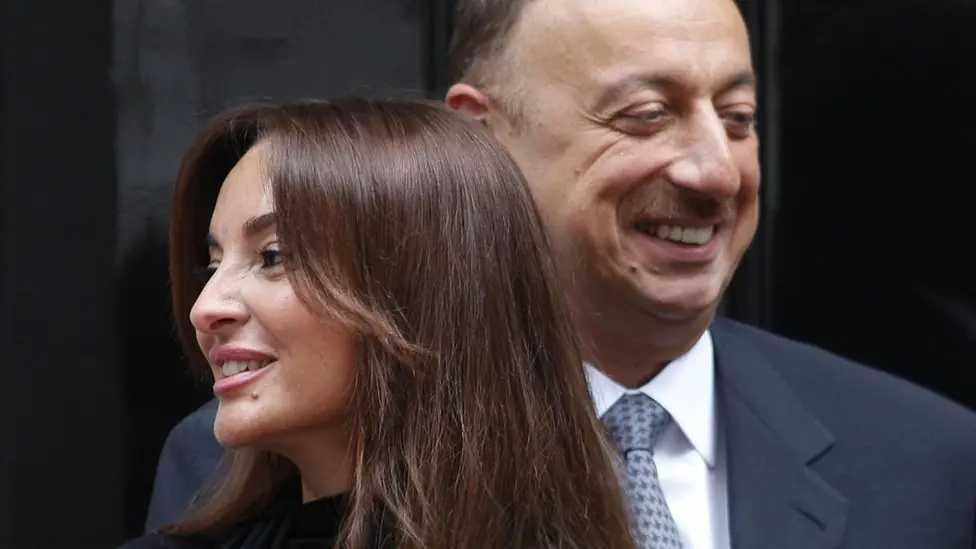Armenian authorities are taking steps to introduce new restrictions on media and freedom of speech ahead of the 2026 parliamentary elections.
At the end of April, Armenia’s Justice Ministry released a series of draft legislative amendments, which, if adopted, would require media outlets — as well as individual social media users — to not only publicly refute or publish a response to insulting or defamatory content, but also to remove such expressions or even the entire publication.
The authorities also offered to make media outlets remove any insults in the comments section left by users on social media posts.
Finally, they proposed a huge amount of compensation for affected individuals — up to ֏3 million ($7,800).
The draft amendments followed a number of incidents featuring ruling party members and MPs targeting and verbally insulting journalists. The most notable example of this occurred in December 2024, when Yerevan Mayor Tigran Avinyan, after being cornered by a political opponent regarding a journalistic investigation into alleged corruption, called local media ‘a big garbage dump’.
The ministry’s proposal also came a few days before the World Press Freedom Index announced Armenia had made significant progress, reaching 34th place, leaving its neighbours far behind — Georgia placed 114th place, and Azerbaijan fell further to 167th place.
Yet even amongst the celebrations, the first hint of the possible new restrictions came from the authorities.
Arayik Harutyunyan, Prime Minister Nikol Pashinyan’s Chief of Staff and a prominent member of the ruling Civil Contract party, underscored the need for urgent self-regulation by journalists and media outlets, warning that in case there is a failure to do so, ‘the public will force the authorities to use serious regulatory tools, which you will qualify as a restriction on freedom of speech’.
‘Because it is obvious that the public has noted that the state has ensured unprecedented press freedom, but you interpret that freedom as permissiveness, an opportunity to incite intolerance, a means of inciting provocation’, Harutyunyan wrote on Facebook.
Armenian authorities, who often mention democracy as one of their greatest achievements, now seem to be acting as if it’s already ‘good enough’ — as if there is room to start backsliding. After all, why not? There’s still a long way to go before falling to the level of its South Caucasus neighbours, where freedom of speech is under even greater pressure. Georgia, for instance, appears to be following Azerbaijan’s path, preparing to adopt similar crackdowns on civil society, media, and free expression.
Concerned by the proposal — which will hopefully not be adopted, at least in its current form — I can’t help but think: couldn’t Armenia have chosen a better path, drawing on more democratic practices?
It is undeniable that Armenia’s media environment is highly polarised, with both the government and the opposition relying on affiliated media outlets to assert their influence. It is equally true that, due to technological advancements, fake news is spreading faster and reaching wider audiences than ever before. As the struggle for influence intensifies — especially ahead of major elections in 2026 — freedom of press and speech is not what should be sacrificed in this competition.






